1. Recycled Water Is Already in Use
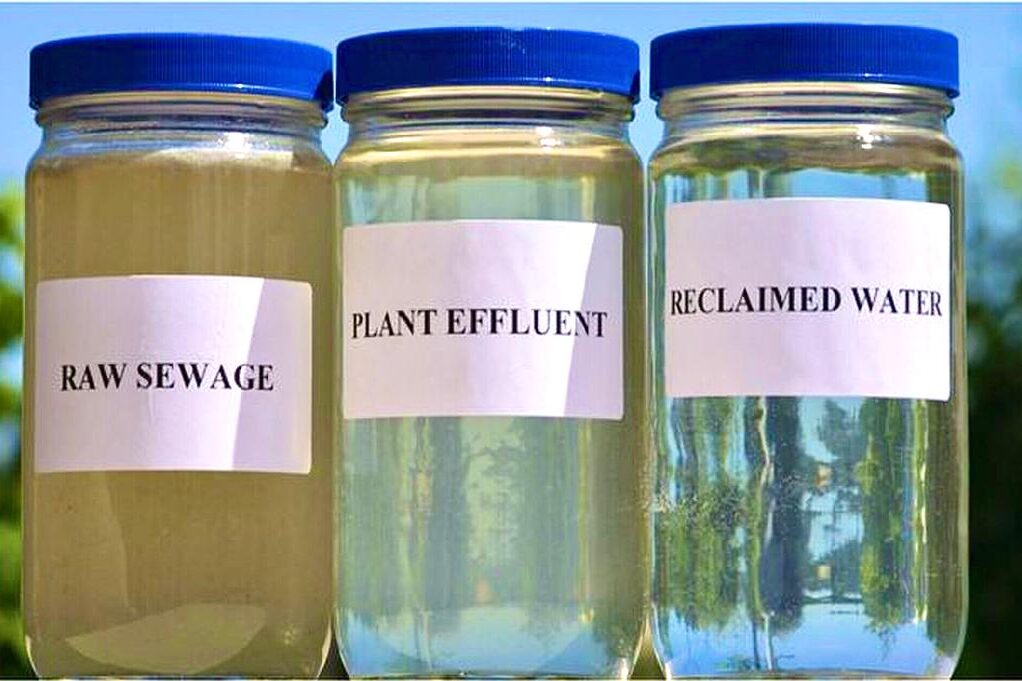
Recycled water, also known as reclaimed water, is already being used in various industries and municipalities worldwide. It’s commonly used for irrigation, industrial processes, and even replenishing groundwater supplies. In some regions, recycled water is treated to meet drinking water standards and blended into the public water supply. This practice, known as potable reuse, is gaining traction as a sustainable solution to water scarcity.
Experts highlight that recycled water is a reliable and drought-resistant source, making it essential for regions facing water shortages. Advanced treatment technologies ensure that recycled water is safe and clean, often surpassing the quality of traditional tap water. As climate change intensifies water stress, recycled water is becoming a cornerstone of water management strategies.
2. Purified Sewage Is Safe to Drink
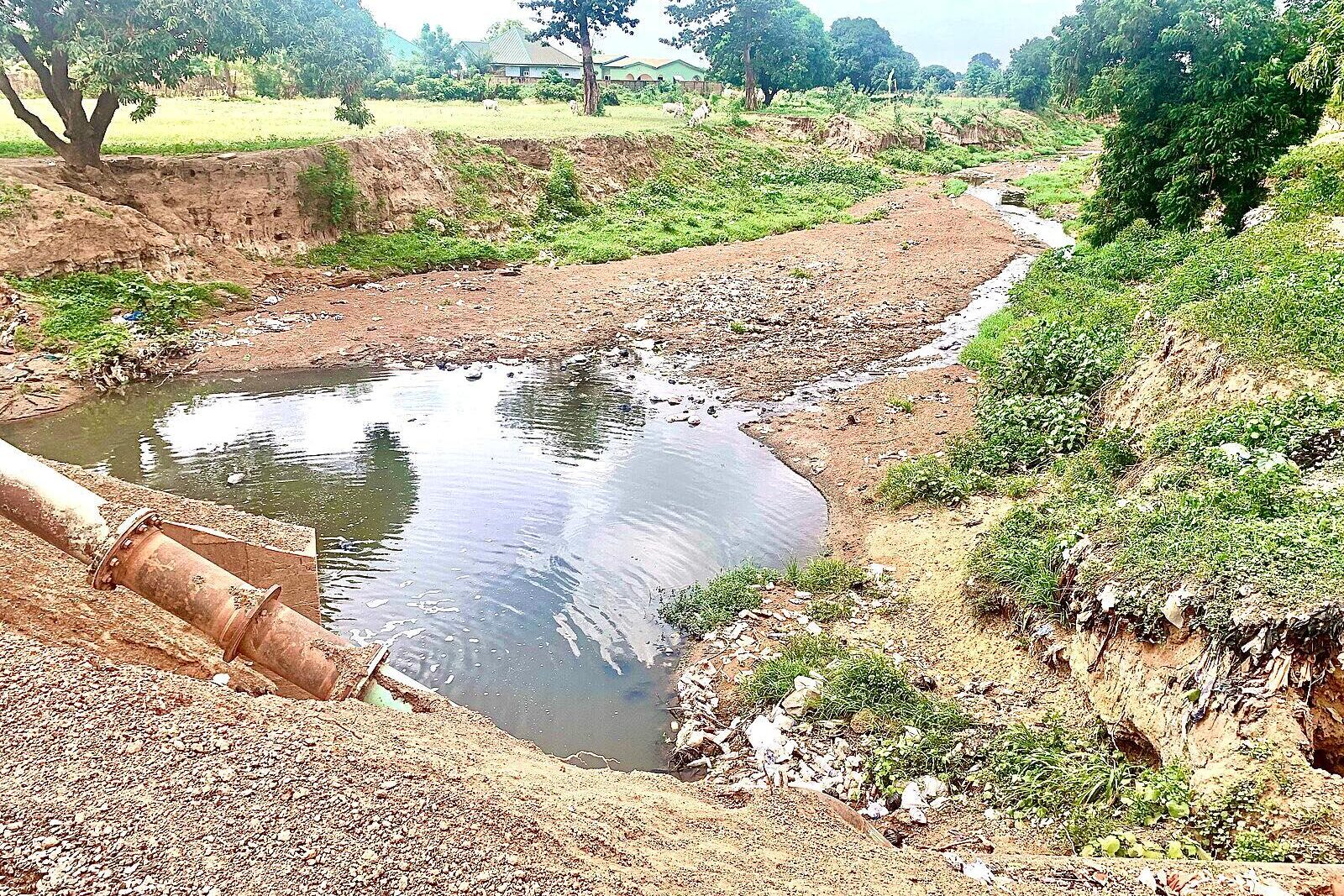
Purified sewage, or wastewater, undergoes rigorous treatment processes to remove contaminants and pathogens. Technologies like reverse osmosis, ultraviolet disinfection, and advanced filtration ensure the water meets or exceeds drinking water standards. In fact, purified sewage is often cleaner than water from natural sources, which can contain pollutants from agricultural runoff or industrial waste.
Studies have shown that purified sewage is not only safe but also cost-effective compared to traditional water sources. As expected, public perception remains a challenge, but education and transparency are helping to build trust in this innovative solution. As water scarcity worsens, purified sewage could become a mainstream source of tap water for all purposes.
3. Recycled Water Reduces Environmental Impact
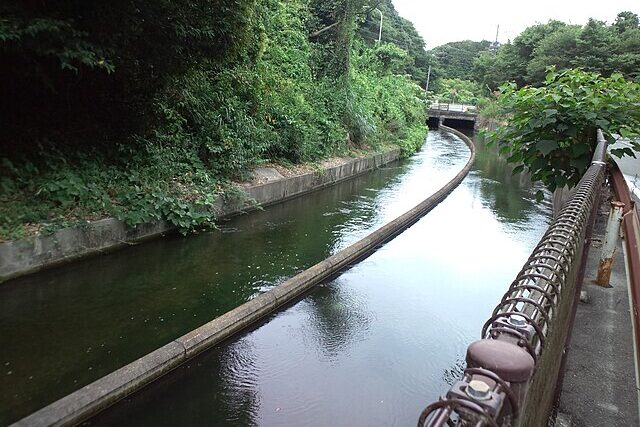
Using recycled water significantly reduces the environmental footprint of water consumption. It decreases the need to extract water from rivers, lakes, and aquifers, preserving these ecosystems for future generations. Additionally, recycling water reduces energy consumption compared to transporting water over long distances. By reusing water locally, cities can cut down on the carbon emissions associated with water distribution systems. This approach also helps mitigate the depletion of natural water sources, which are already under stress due to overuse and climate change.
Recycled water also minimizes the discharge of untreated wastewater into natural water bodies, protecting aquatic life and improving water quality. By closing the water loop, cities can create a more sustainable and resilient water system. This practice not only conserves water but also reduces the need for costly and energy-intensive desalination plants. Furthermore, recycled water can be used to restore wetlands and other natural habitats, enhancing biodiversity and ecosystem health. As water scarcity becomes more pressing, the environmental benefits of recycled water make it an indispensable tool for sustainable development.
4. It’s a Key Solution for Water-Scarce Regions

Recycled water is particularly valuable in arid and semi-arid regions where freshwater resources are limited. Countries like Singapore and Israel have pioneered the use of recycled water, demonstrating its effectiveness in addressing water scarcity. In these regions, recycled water accounts for a significant portion of the water supply, ensuring stability even during droughts. This approach has allowed communities to thrive in environments where water availability is traditionally low. This technology is not just a stopgap measure but a long-term strategy for sustainable water management.
Experts emphasize that recycled water is a scalable solution that can be adapted to different climates and water needs. As global water demand increases, recycled water will play a critical role in ensuring water security. It offers a reliable alternative to traditional water sources, which are increasingly vulnerable to climate variability. By investing in recycled water infrastructure, governments can safeguard their populations against future water crises.
5. Advanced Treatment Makes It Pristine
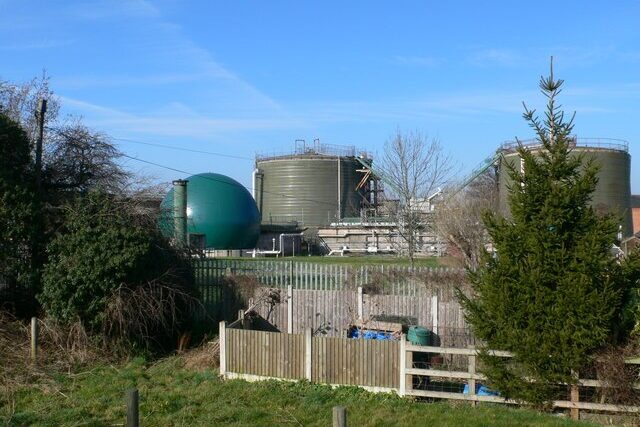
Modern water treatment technologies can transform wastewater into high-quality drinking water. Processes like membrane filtration, activated carbon treatment, and ozonation remove even the smallest impurities, ensuring the water is safe for consumption. These methods are so effective that the resulting water often exceeds the quality of water from natural sources. The rigorous treatment process ensures that all contaminants, including pharmaceuticals and microplastics, are eliminated. With ongoing advancements, recycled water is set to become a cornerstone of modern water systems.
These advanced systems are continuously monitored to maintain water quality and safety. As technology improves, the cost and efficiency of treating recycled water are expected to make it an even more attractive option. Innovations in water treatment are also making it possible to recover valuable resources like nutrients and energy from wastewater. This not only enhances the sustainability of the process but also creates economic opportunities.
6. It’s More Cost-Effective Than You Think
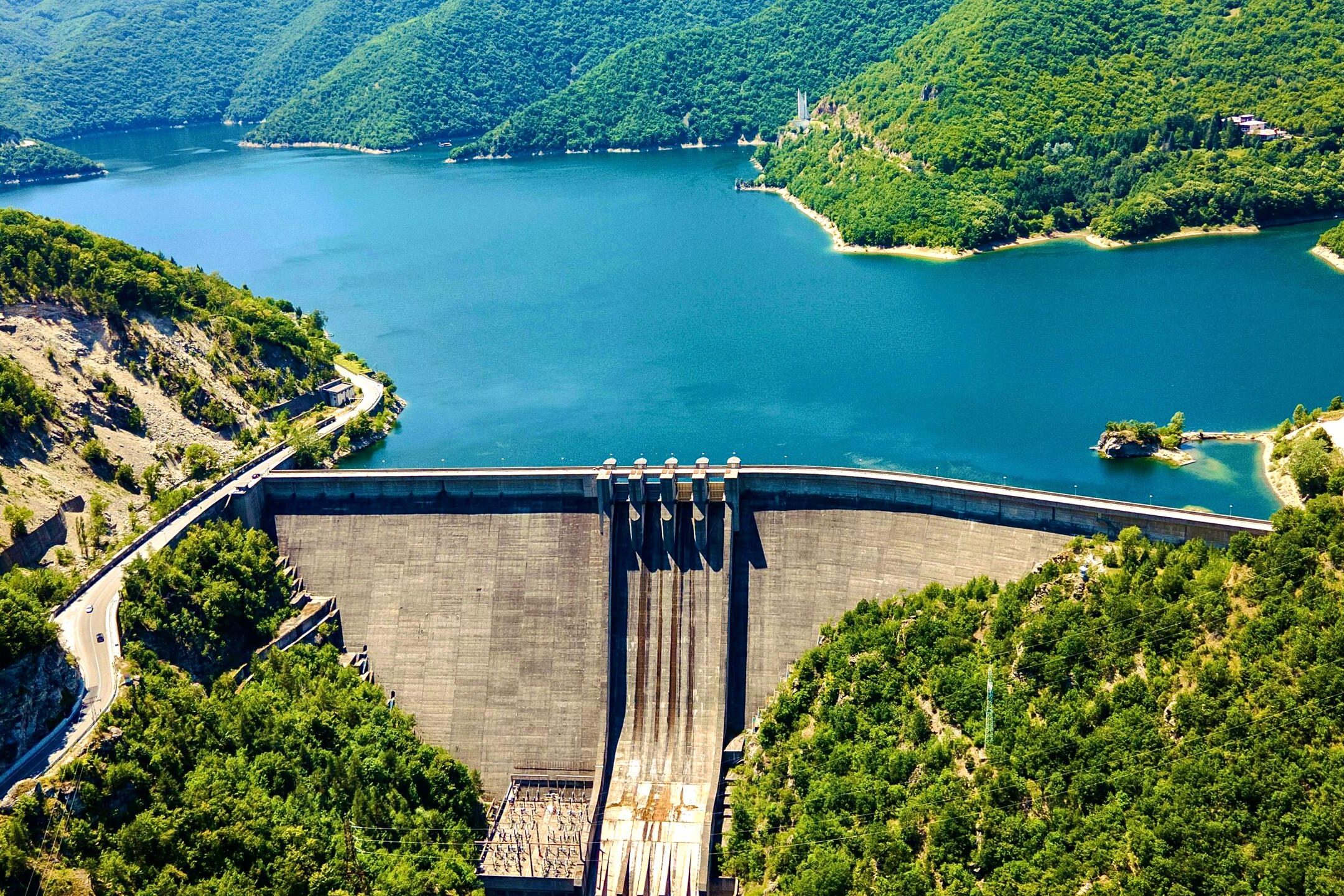
While the initial investment in recycled water infrastructure can be high, the long-term savings are substantial. Recycled water reduces the need for expensive water imports and infrastructure projects like dams and desalination plants. It also lowers energy costs associated with pumping and treating water from distant sources. Over time, the economic benefits of recycled water outweigh the costs, making it a financially viable solution for cities and industries.
In addition to cost savings, recycled water can generate revenue through the sale of recovered resources like nutrients and biogas. This creates a circular economy model that maximizes the value of wastewater. Governments and utilities are increasingly recognizing the economic potential of recycled water, leading to greater investment in this technology. As water scarcity drives up the cost of traditional water sources, recycled water is becoming an increasingly attractive option.
7. Public Perception Is Changing
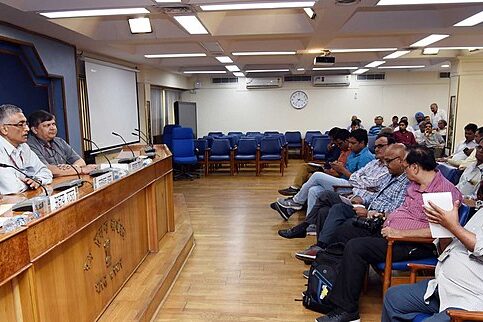
Historically, the idea of drinking recycled water has faced resistance due to the “yuck factor.” However, public perception is gradually shifting as people become more aware of the safety and benefits of recycled water. Educational campaigns and pilot projects have helped demystify the process and build trust. Communities that have adopted recycled water often report high levels of satisfaction with its quality and reliability.
As more cities implement recycled water programs, the stigma associated with it is diminishing. People are beginning to see it as a practical and necessary solution to water scarcity. This shift in perception is crucial for the widespread adoption of recycled water technologies. With continued education and transparency, recycled water is likely to become a normalized and accepted part of the water supply.
8. It’s Already in Your Tap Water
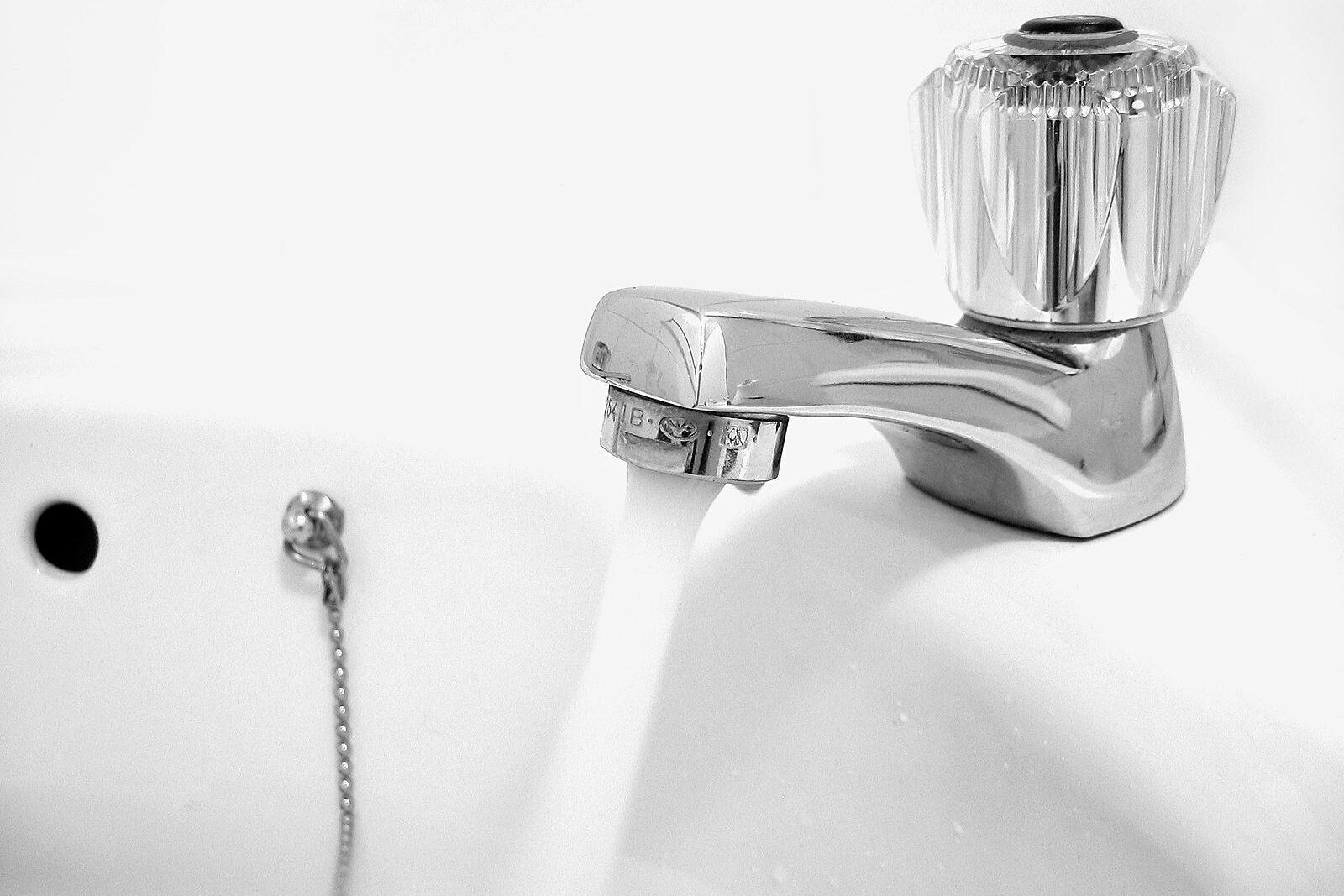
In many places, recycled water is already indirectly part of the tap water supply. Treated wastewater is often released into rivers or reservoirs, where it mixes with natural water sources before being treated again for drinking. This practice, known as indirect potable reuse, has been used for decades without issue. It’s a testament to the safety and effectiveness of modern water treatment technologies.
Direct potable reuse, where treated wastewater is directly added to the drinking water system, is the next step in this evolution. This approach is gaining traction in water-scarce regions as a more efficient way to recycle water. By integrating recycled water into the public supply, cities can ensure a stable and sustainable water source for their residents. This practice is not just a futuristic concept but a reality in many parts of the world.
9. It Supports Sustainable Agriculture
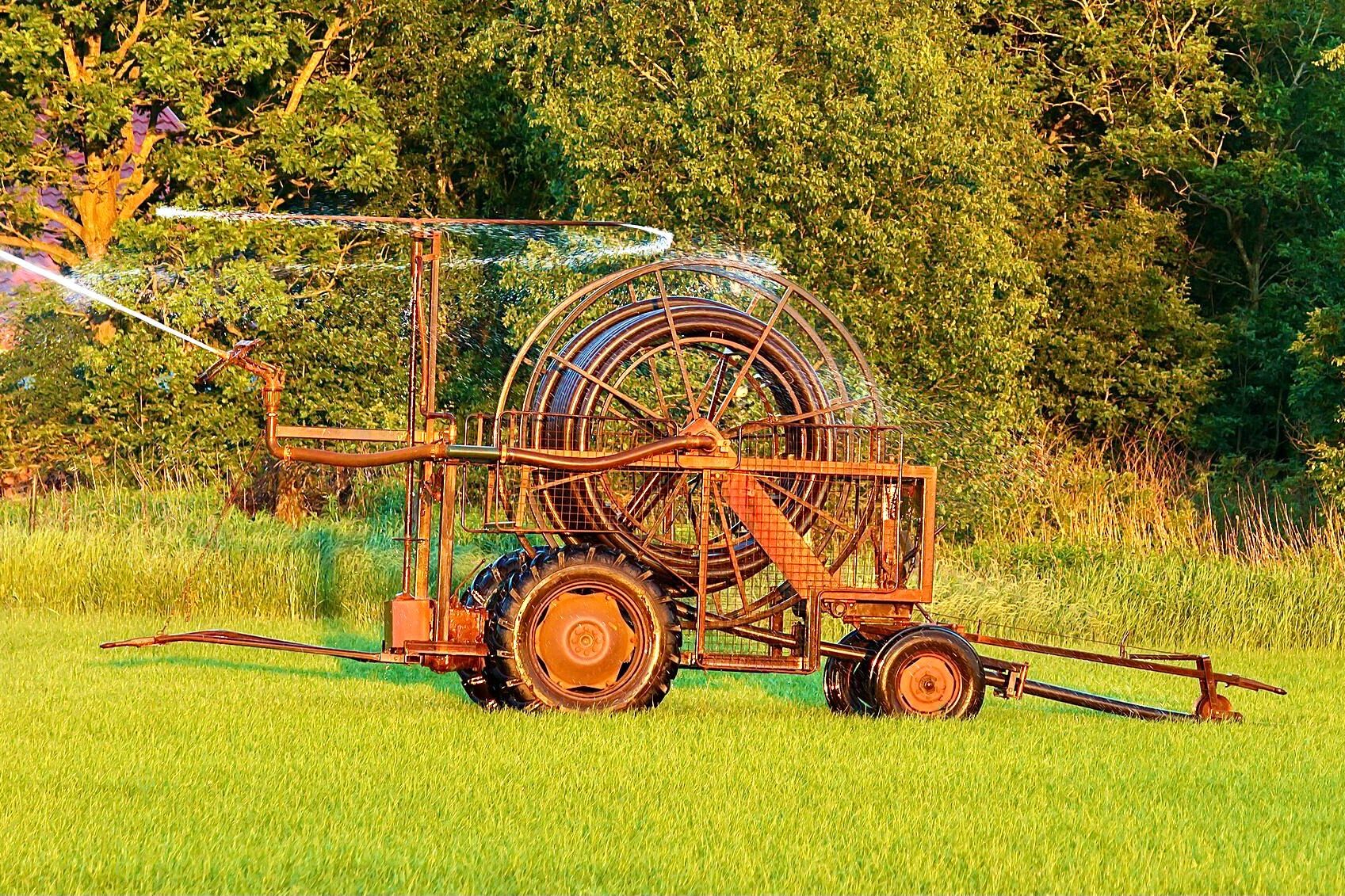
Recycled water is a valuable resource for agriculture, providing a reliable water source for irrigation. It reduces the strain on freshwater supplies and helps farmers maintain crop yields during droughts. Using recycled water in agriculture also reduces the need for chemical fertilizers, as it often contains nutrients that benefit crops. This makes it an environmentally friendly option for sustainable farming.
In addition to its practical benefits, recycled water can help improve soil health and reduce the environmental impact of agriculture. By using recycled water, farmers can contribute to water conservation efforts while maintaining productivity. This approach is particularly important in regions where water scarcity threatens food security. As the agricultural sector faces increasing pressure to adopt sustainable practices, recycled water is emerging as a key solution.
10. It’s the Future of Water Management
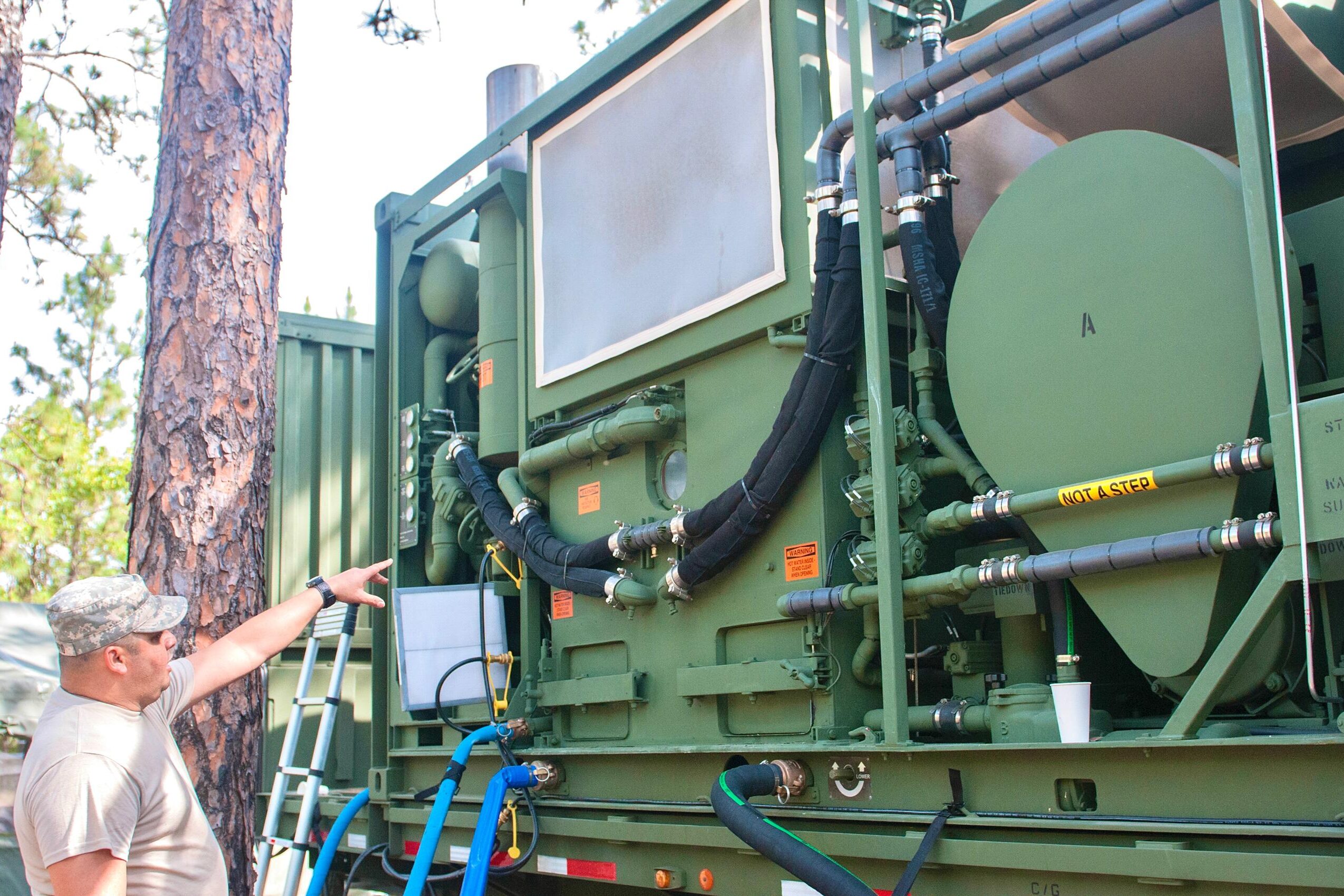
As global water demand increases and climate change exacerbates water scarcity, recycled water is poised to become a cornerstone of water management. It offers a sustainable, reliable, and cost-effective solution to meet the growing need for clean water. By embracing recycled water, cities and industries can ensure a resilient water supply for future generations. Purified sewage could very well be the future of tap water, transforming the way we think about and use this precious resource.
The adoption of recycled water is not just a technical challenge but a societal one. It requires a shift in mindset and a commitment to sustainable practices. With continued innovation and investment, recycled water has the potential to revolutionize water management worldwide. This technology is not just a response to current challenges but a proactive step toward a more sustainable future.


